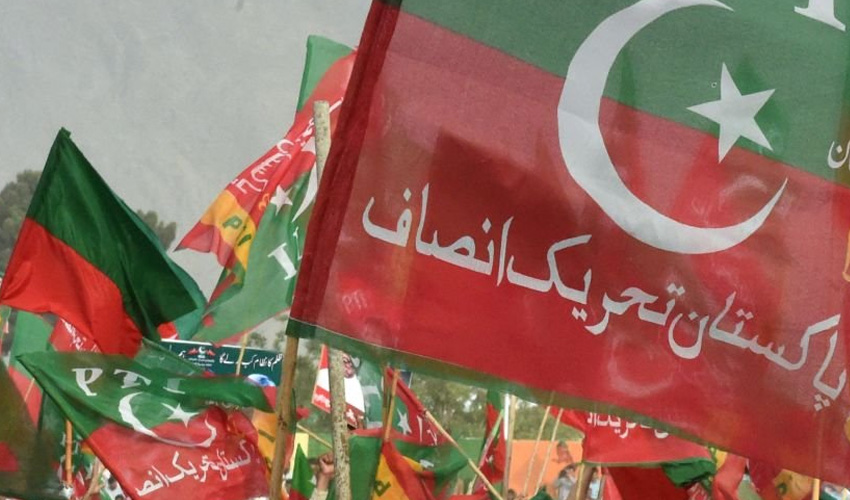Negotiations between the government and Pakistan Tehreek-e-Insaf (PTI) have formally begun, aiming to address national issues and restore political stability, but the ongoing anti-state rhetoric from PTI complicates the process.
The government’s decision to open dialogue with PTI, a key opposition party, marks a significant step towards reconciliation. This effort is seen as part of a broader strategy to resolve political tensions, protect democratic principles, and foster national unity.
The Army Chief’s recent decision to pardon 19 PTI workers convicted for their involvement in the May 9 riots has been interpreted as a goodwill gesture, aimed at creating a more conducive environment for the talks.
“The state’s action should not be viewed as a sign of weakness but as a calculated move to reduce tensions and promote peace,” said a senior government official. “This reflects a balanced attitude, where reconciliation is prioritized without compromising accountability for past actions.”
While the government has shown openness to dialogue, PTI’s actions continue to raise concerns. PTI activists have launched an ongoing campaign on social media targeting state institutions, a stark contrast to their previous anti-intervention stance. The party has also refrained from submitting a written charter of demands, fearing that it might lead to political damage and accusations of seeking an NRO (National Reconciliation Ordinance).
Key demands from PTI include the release of its detained leader, Imran Khan, and other party members, as well as the formation of a judicial commission to investigate the events of May 9 and November 26. Despite these demands, government representatives have emphasized the importance of a transparent legal review, ensuring that any decision is consistent with the Constitution and the rule of law.
The government has made it clear that accountability for the May 9 riots remains a key priority for national security and the protection of state institutions. "We must balance unity with maintaining the rule of law," a senior government figure remarked. “The government is committed to promoting democratic inclusion while preventing any future acts of violence.”
However, the shift in PTI’s narrative has raised several eyebrows. The party’s leaders, who once blamed the United States for orchestrating the removal of Imran Khan, have recently taken steps to re-establish ties with the US administration, signaling a potential contradiction in their political stance. This shift further complicates the ongoing negotiations, as PTI’s intentions and consistency come under scrutiny.
In an unexpected move, PTI negotiators have described the current government as lacking a public mandate, calling for talks to resolve constitutional and governance issues. This rhetoric has been met with skepticism from the ruling coalition, which insists that the political situation cannot be resolved without addressing the events of May 9 and ensuring accountability for those involved in the riots.
Meanwhile, PTI's anti-establishment narrative continues to play out across various platforms, with publications like "Drop Site News" amplifying the party's message and fueling division. Known for its controversial and sensational stories, "Drop Site News" has become a key mouthpiece for PTI’s anti-state propaganda, which further undermines efforts to create a peaceful, unified national discourse.
The military’s role in this reconciliation process has also come under the spotlight. While the Army Chief’s decision to pardon the PTI workers has been framed as an attempt to foster peace, it is viewed by many as a strategic move to ensure national unity without compromising justice or national security. In the broader context, the military’s actions underscore the importance of balancing accountability with a commitment to long-term political stability.
As negotiations continue, the success of this dialogue will depend on the commitment of both parties to prioritize Pakistan’s democratic future over narrow political interests. The government remains focused on ensuring a legal and democratic path for future political activities, while PTI’s leadership must demonstrate sincerity in the talks, avoiding external interference and aligning with Pakistan’s long-term stability and development.


























